Osteoporosis is a bone disease that affects millions of people worldwide, especially older adults and post-menopausal women. It occurs when the body loses too much bone mass, resulting in weak and brittle bones that are more prone to fractures and breaks. While genetics and age play a significant role in osteoporosis development, a well-balanced diet enriched with bone-nourishing nutrients can significantly reduce the risk of this debilitating condition. In this article, we will explore six essential foods that can help prevent osteoporosis and maintain healthy bone density.
Dairy Products
Dairy products such as milk, yogurt, and cheese are excellent sources of calcium, one of the most critical minerals for maintaining strong bones. Calcium not only provides the building blocks for bone formation but also helps regulate muscle contractions and nerve function. Adults up to the age of 50 are recommended to consume 1,000 milligrams of calcium daily, while those over 50 should aim for 1,200 milligrams. Low-fat or non-fat dairy options are preferred to reduce saturated fat intake.
Leafy Greens
Dark leafy greens, including kale, spinach, collard greens, and broccoli, are rich in calcium and other bone-supportive nutrients like vitamin K and magnesium. Vitamin K is essential for proper calcium absorption and utilization by bone tissues. Moreover, these greens are also abundant in antioxidants, promoting overall bone health and reducing inflammation that might contribute to bone loss.
Fatty Fish
Fatty fish like salmon, mackerel, sardines, and trout are packed with vitamin D and omega-3 fatty acids, both of which are crucial for strong bones. Vitamin D enhances calcium absorption in the intestines and promotes calcium deposition in bones. Omega-3 fatty acids, on the other hand, help reduce bone-destroying inflammation and support bone density. Aim to incorporate fatty fish into your diet at least twice a week.
Nuts and Seeds
Nuts and seeds, particularly almonds, chia seeds, and flaxseeds, are rich sources of essential nutrients like calcium, magnesium, and phosphorus. Magnesium, in particular, plays a vital role in converting vitamin D into its active form, which aids in calcium absorption and bone mineralization. Additionally, nuts and seeds provide healthy fats and protein, contributing to overall bone health.
Fortified Foods
Incorporating fortified foods into your diet can be an easy and effective way to boost bone-friendly nutrients. Many cereals, plant-based milk alternatives, and orange juice are fortified with calcium and vitamin D. These fortified options are especially beneficial for individuals who are lactose intolerant or follow a vegan diet. However, always check the labels for added sugars and artificial additives, as they can have adverse effects on bone health.
Beans and Legumes
Beans and legumes, such as chickpeas, lentils, and black beans, are excellent sources of protein and essential minerals like calcium, magnesium, and zinc. Protein is a vital component of bone tissue, and getting enough of it from plant-based sources can help maintain bone health. Additionally, these plant-based foods contain fiber, which can aid in weight management – a crucial factor in osteoporosis prevention as excess body weight can strain the bones.
A balanced diet, rich in calcium, vitamin D, magnesium, and other essential nutrients, is essential for preventing osteoporosis and maintaining strong bones throughout life. Alongside a healthy diet, regular weight-bearing exercises, and avoiding excessive alcohol consumption and smoking can further reduce the risk of osteoporosis. If you have concerns about your bone health or nutritional needs, it’s advisable to consult with a healthcare professional or registered dietitian to create a personalized plan tailored to your specific requirements. Remember, investing in your bone health today will pay dividends in maintaining an active and independent lifestyle as you age.
Skin
-

How to Use Apple Cider Vinegar for Healthy Skin
As a seasoned natural health practitioner, I’ve delved into the multifaceted realm of holistic remedies for various ailments. A standout ingredient in my consultations and teachings has been apple cider vinegar (ACV). This ancient elixir, with its sharp aroma and sour taste, holds a special place in natural skin care. Here, we’ll explore how ACV…
-

The Magic of Glycerin in Skincare: Homemade Lotion Recipe Included
-

Alleviating Insect Bites with the Best Natural and Herbal Remedies
-

DIY Mosquito Repellent: How and Why to Make Your Own
-

Best Natural and Herbal Remedies for Soothing Mosquito Bites
-

Health Effects of Mosquito Repellents and How to Choose the Safest Option
-

Herbal Remedies for Acne – Unlock Nature for Clearer Skin


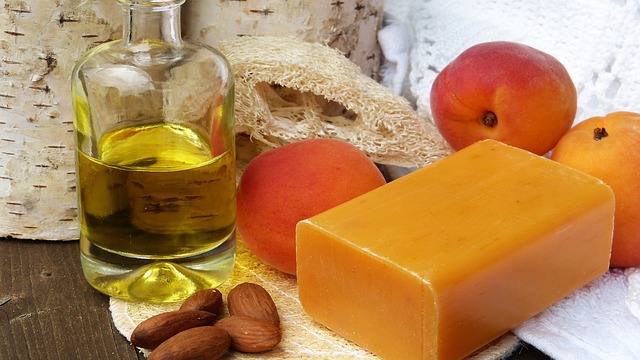

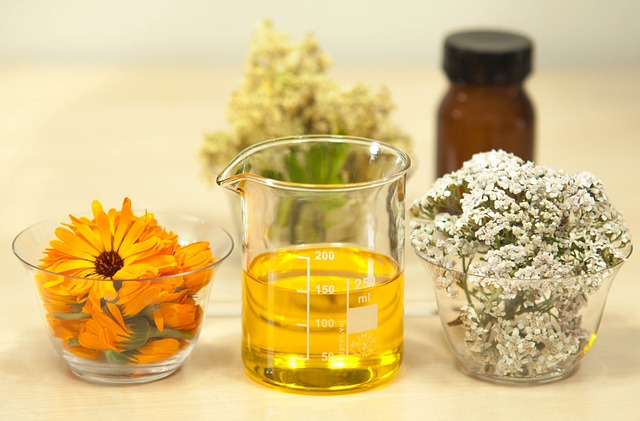

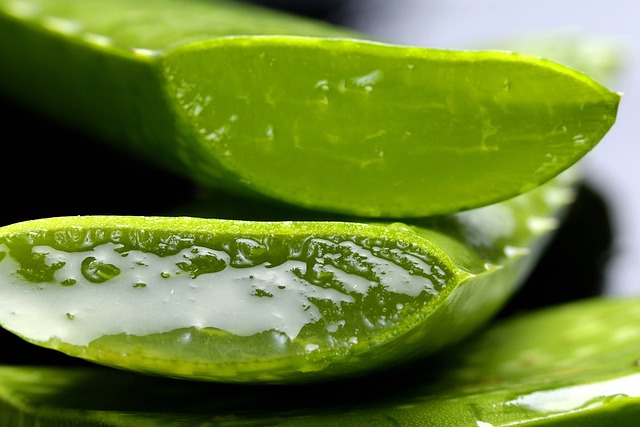
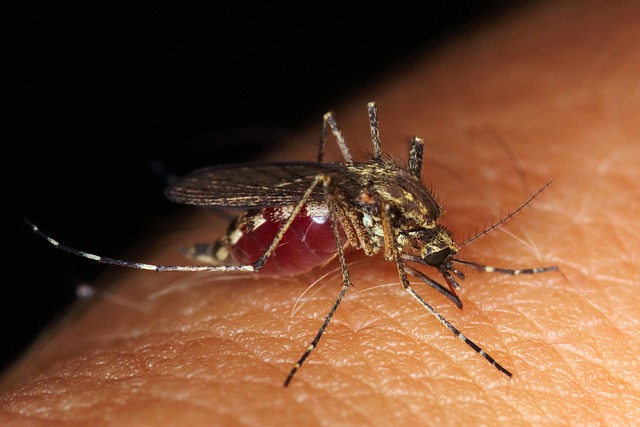
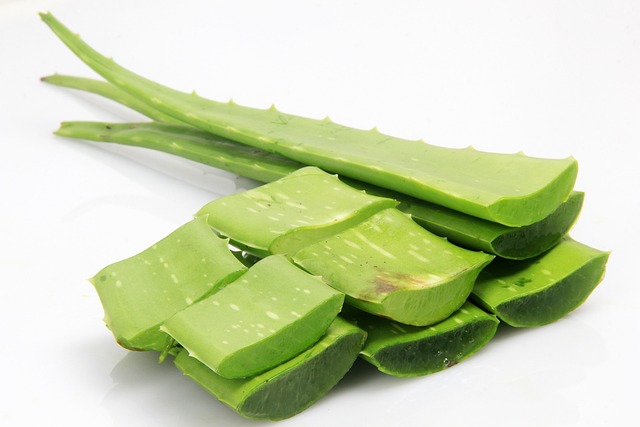
Leave a Reply